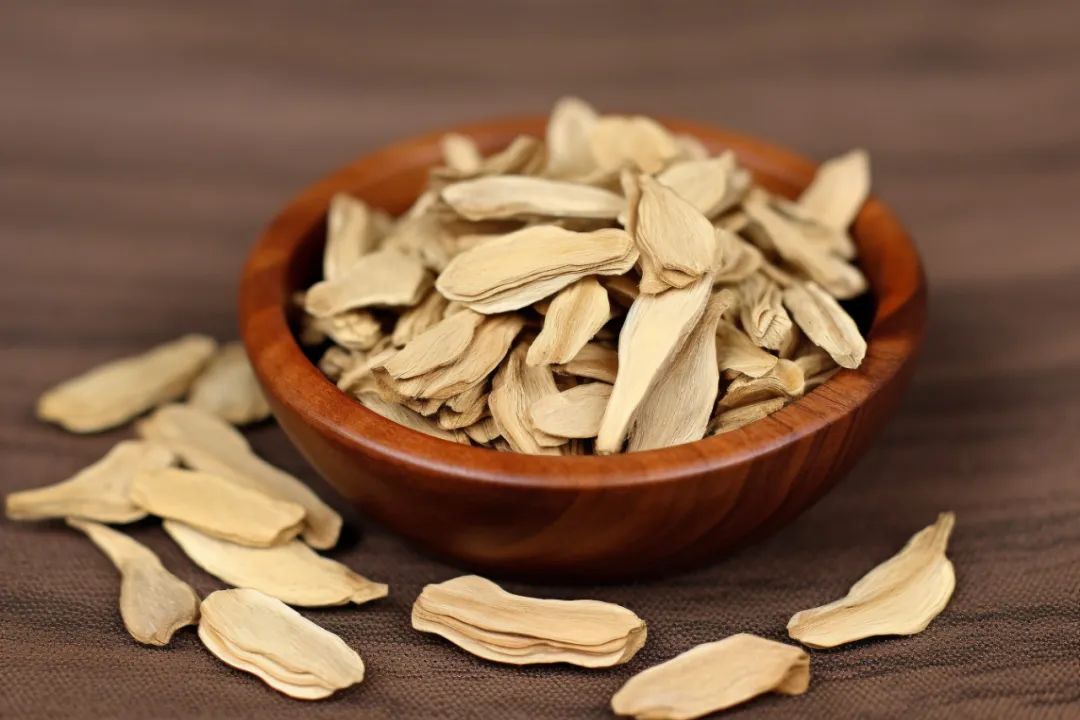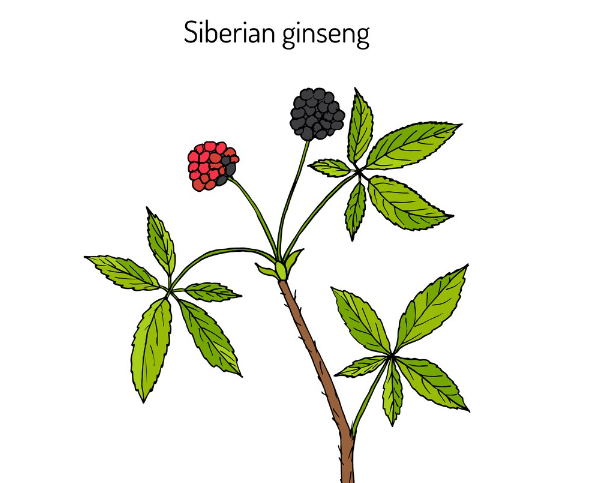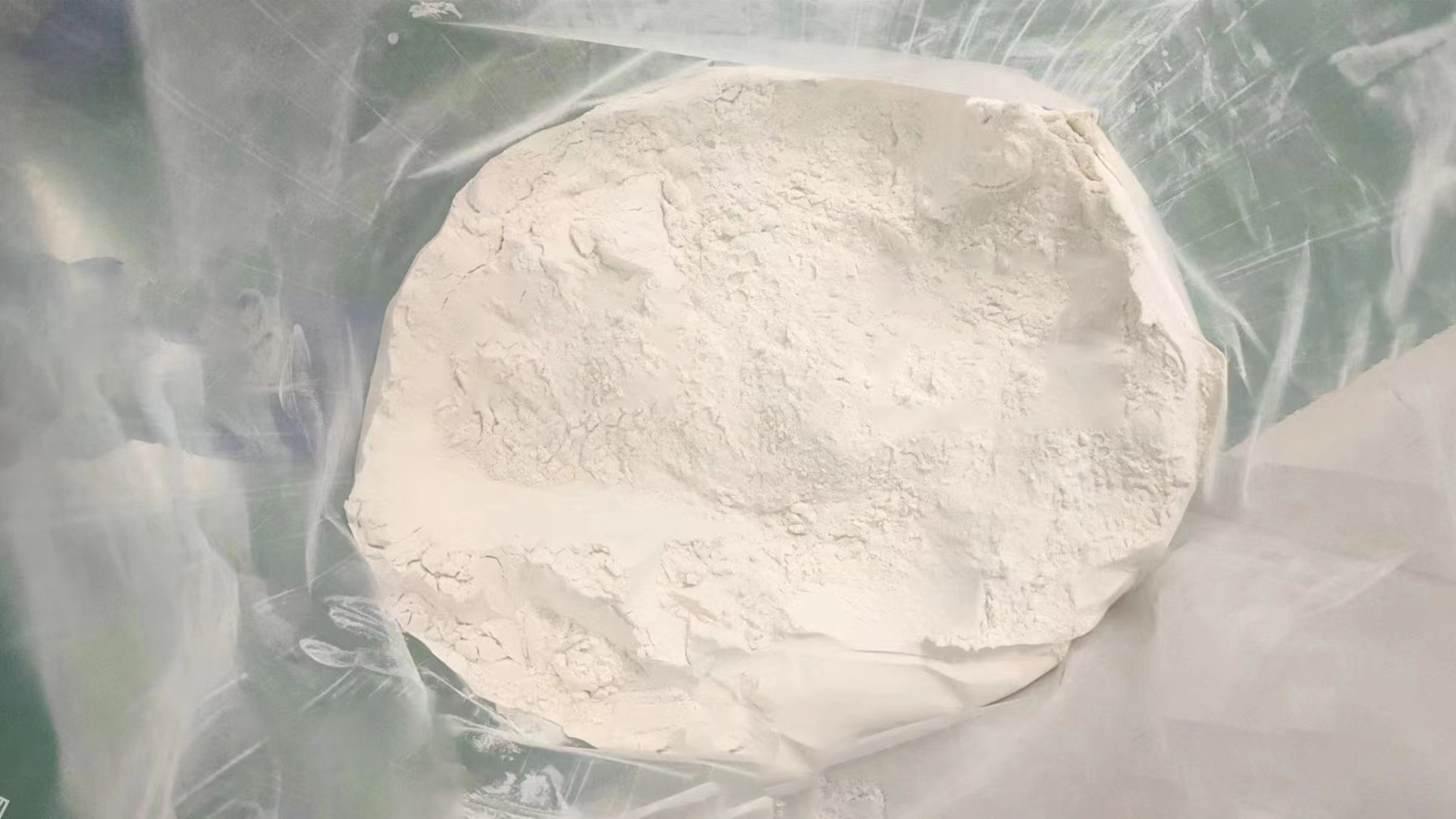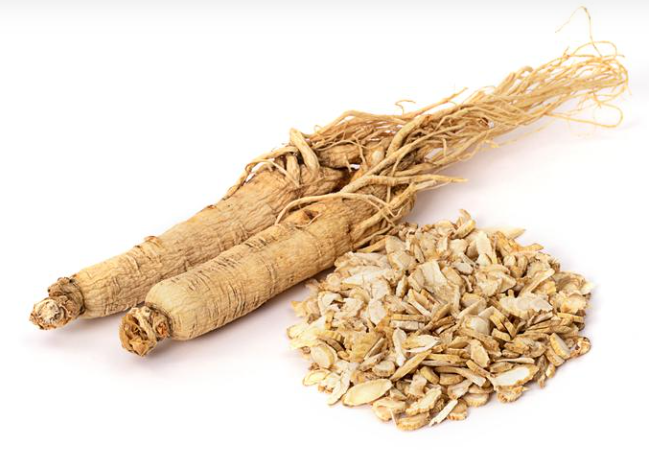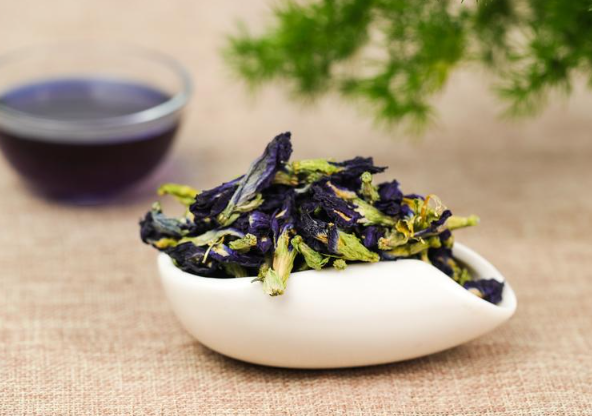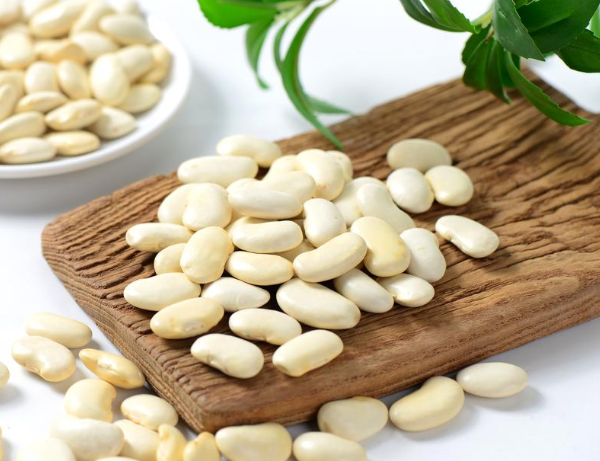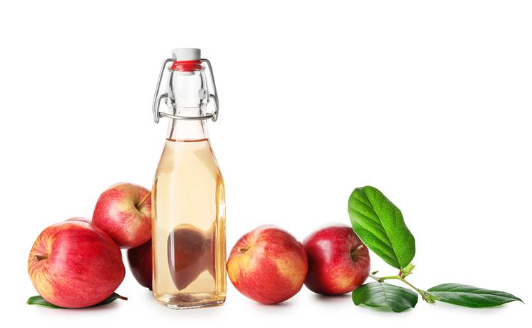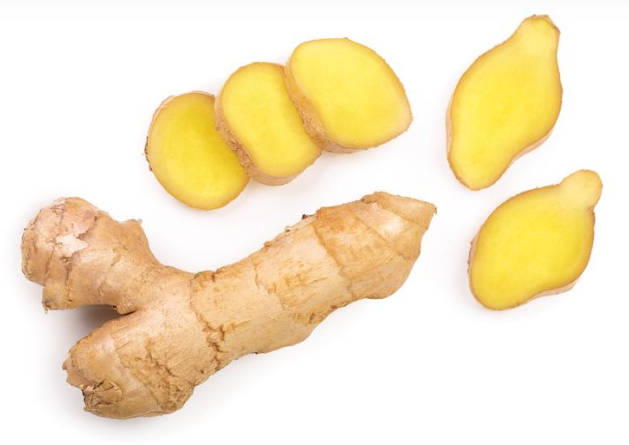Lycopene is a straight-chain hydrocarbon, generally containing 11 conjugated and 2 non-conjugated carbon-carbon double bonds, and is a widely distributed tetraterpenoid. It exists in many vegetables and fruits such as tomato fruit, carrot rhizome, saffron flower and so on. There are about 72 cis-trans isomers of lycopene, among which all-cis lycopene has the highest content and is the most widely used in biochemical research and application.
Physical and chemical properties
Lycopene is a fat-soluble unsaturated hydrocarbon, usually dark red powder or oily liquid, and the pure product is needle-shaped dark red crystals (precipitated from a mixed solvent of carbon disulfide and ethanol). Lycopene is not easily soluble in water, insoluble in polar organic solvents such as methanol, soluble in ether, petroleum ether, hexane, acetone, easily soluble in chloroform, carbon disulfide, benzene, oil, etc. Lycopene has a strong absorption peak at 472nm, and under light, lycopene is prone to isomerization and degradation. The CAS number of lycopene is 502-65-8.
Safety management
The "Announcement on the Catalog of Names of Cosmetic Raw Materials Used" issued by the State Food and Drug Administration in 2014, and the "Chinese Name Catalog of International Cosmetic Raw Materials Standards" published by CTFA and China Fragrance Association in 2010 all use baicalein as a cosmetic raw material. See reports that it is unsafe for external use.
Application in cosmetics
1. Lycopene has a powerful and broad-spectrum antioxidant effect, and its antioxidant capacity is 100 times that of vitamin E. Lycopene can accept the energy of different electronic excitations, which can transfer the energy of singlet oxygen to lycopene to generate ground state oxygen molecules and triplet lycopene molecules. The triplet lycopene is regenerated by a series of optical and vibrational reactions with solvents. Thus, one lycopene molecule can scavenge thousands of singlet oxygen. Therefore, lycopene can prevent lipid oxidation by quenching singlet oxygen, protect biofilm from free radical damage, protect appearance, maintain human immune function, and delay aging.
2. Lycopene can promote the production of collagen and inhibit the decomposition of collagen by collagenase, which can be used as an anti-aging and anti-wrinkle agent for skin;
3. Lycopene has the effect of inhibiting testosterone (lycopene benefits for men), and can be used in related products for the prevention and treatment of acne and hair loss.





